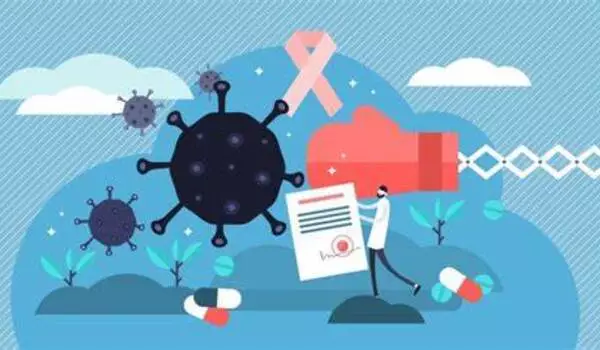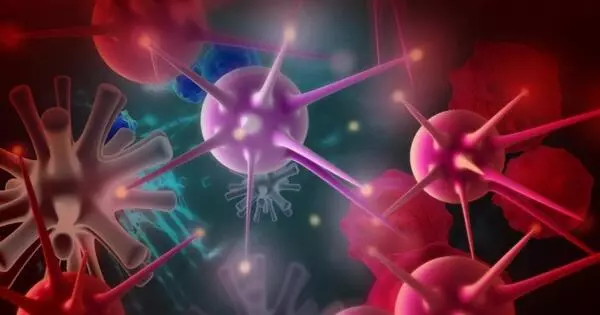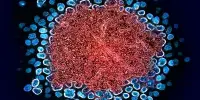Immunotherapy is a treatment method that uses the body’s own immune system to identify and destroy cancer cells. With the introduction of immune checkpoint inhibitors, CAR-T cell therapy, and cancer vaccines, this sector has made considerable strides. This method involves personalizing cancer treatment to a patient’s tumor’s individual genetic and molecular traits. Tumor genetic profiling identifies precise mutations or changes that can be targeted with precision medications.
Biochemical researchers have discovered a new role of a critical protein that causes cancer, which could lead to more effective treatments for a variety of malignancies and other ailments.
Biochemical researchers at Case Western Reserve University have discovered a new role of a critical protein that causes cancer, which they believe could lead to more effective treatments for a variety of malignancies and other ailments.
LSD1 (lysine-specific histone demethylase 1A) is the protein in question, and it acts like a traffic officer inside human cells. It regulates gene expression and affects gene activity throughout embryonic development.
Our findings really challenge the current paradigm. We need a really precise and effective way of targeting these proteins, and our research shows that stopping that catalysis might be effective (at stopping the overexpression) 15% of the time, while our approach is closer to 80%.
Kaixiang Cao
In recent years, scientists have shown that overexpression of LSD1 (creating too many proteins) can contribute to the development of cancer and heart disease. And, more recently, some researchers have attempted to decrease cancer growth by inhibiting the catalytic activity of LSDI – the chemical reaction that promotes cell growth but also appears to contribute to its overexpression.
However, Kaixiang Cao, a biochemistry assistant professor, is leading a team that questions that assumption: The medical school researchers contend that destroying the complete LSD1 protein, rather than just short-circuiting the chemical pathway that leads to its overexpression, will yield significantly more success in slowing or stopping cancer growth in stem cells.
“Our findings really challenge the current paradigm,” Cao said. Their research was published in August in the journal Nature Communications.

“We need a really precise and effective way of targeting these proteins, and our research shows that stopping that catalysis might be effective (at stopping the overexpression) 15% of the time, while our approach is closer to 80%,” Cao said. “So, if we can develop a degrader of LSD1, we can help the patient go through less therapy – even if we cannot completely cure cancer.”
Cao and his colleagues were surprised to discover that LSD1 primarily functions in a catalytic-independent manner, but now that they’ve provided the research community with a “theoretical foundation that this is going to be a more effective way to treat these diseases,” they’ll begin to test further, first in cancerous tissues, then animal models, and finally human trials.
“This is the future – you add the degrader, and it completely kills the protein,” he said. “The technique exists because it has been applied to other proteins by other researchers – but not to LSD1 yet.”
















